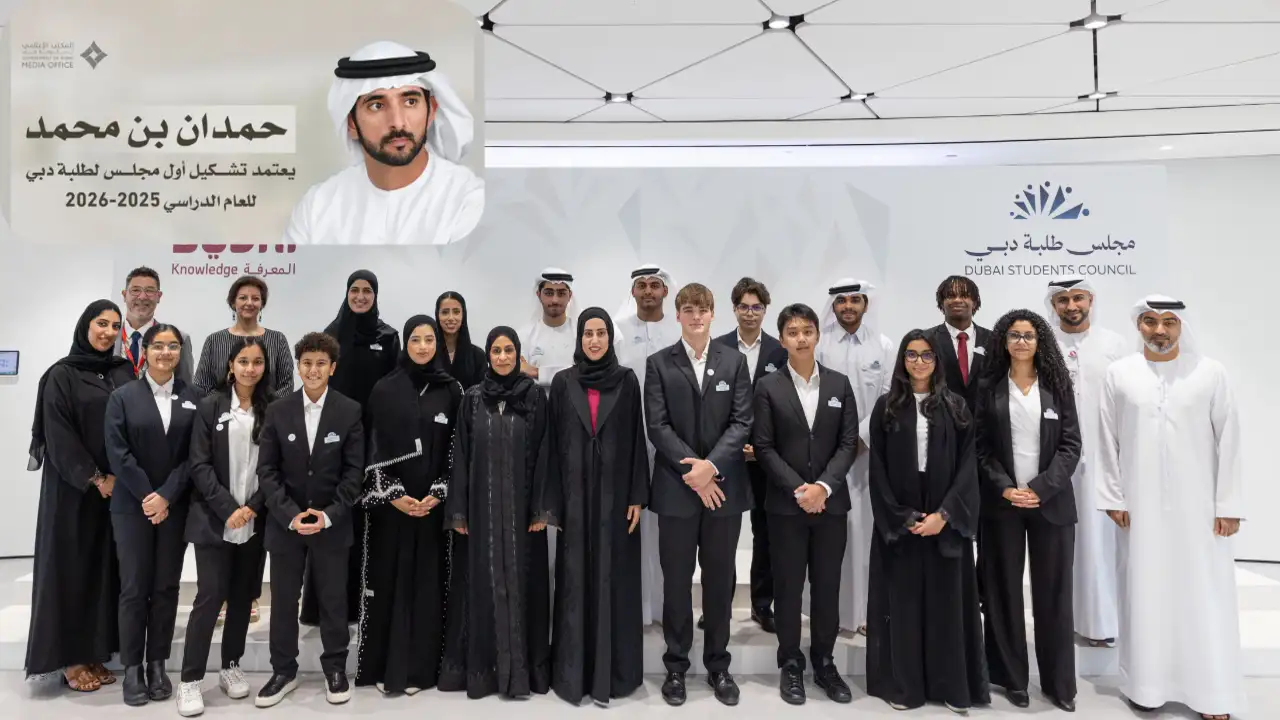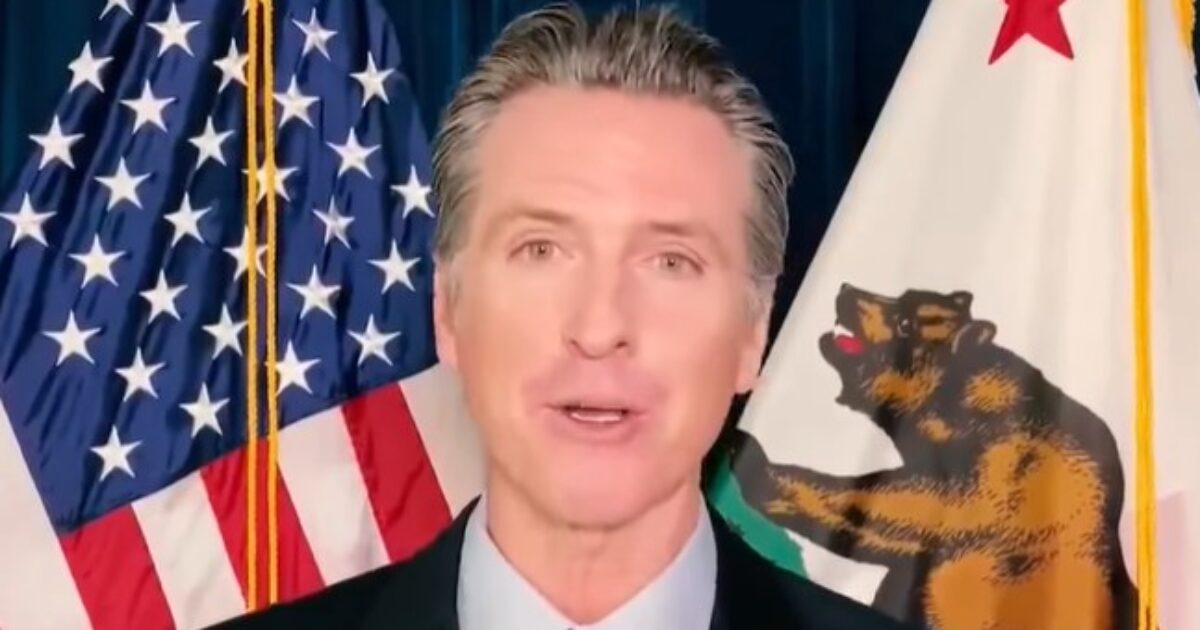Copyright Star Tribune

Since this month’s release of the Trump administration’s “Compact for Excellence in Higher Education,” the majority of institutions invited to adopt the compact have declined to sign on. Higher education associations, including the American Council on Education and the American Association of Colleges and Universities, have challenged the compact’s terms, while also acknowledging that higher education has a responsibility not only to our students, but to the general public. As a Minnesota private college president, I see a college’s relationship to our local community as an important part of our mission. The idea of a partnership of mutual obligation and benefit between the federal government and colleges and universities is not new. However, this partnership has historically been grounded in our academic mission of educating students and advancing research. The administration’s compact proposes to make federal funding contingent on schools agreeing to a wide range of dictates affecting admissions, tuition, freedom of speech and curriculum. Awarding federal dollars to academic institutions has not historically been a discretionary decision on the part of leaders, but part of a robust system of research support that has been in place since the 1950s. The federal government has long recognized the need to ensure that the U.S. is able to not just match, but set the pace of, scientific discovery worldwide. Federal grants allocated to Harvard, MIT, the University of Pennsylvania or even smaller colleges like Carleton are not political rewards but investments in the future health, competitiveness and advancement of the nation. Federal grants support valuable research that leads to discoveries in science, technology, medicine and other areas vital to the welfare of the country. These grants are awarded on a highly competitive basis to programs deemed likely to achieve the desired results. Federal agencies such as the National Science Foundation (NSF), National Institutes of Health (NIH) or the National Endowment for the Humanities (NEH) can and do decline to fund projects that do not meet their current goals, but those decisions are based on independent assessments of the quality of research. This partnership between the government and higher education has made America a world leader in scientific discovery and innovation. How else do colleges and universities, including in Minnesota, fulfill their public responsibility? Foremost, we educate students to become thoughtful citizens, workers and leaders in their communities. Part of that education involves creating opportunities for them to work alongside other community members in support of local civic and nonprofit organizations. We are also key cultural resources in our areas, offering many lectures, concerts, performances and events open to the public, and providing educational resources to local schools and organizations. At Carleton, we have been working hard to show our support and demonstrate our value to our local, county and state communities. We recently completed an economic impact study, in partnership with our Northfield neighbor St. Olaf and the Minnesota Private College Council, that demonstrates that Carleton and St. Olaf together contribute $289.9 million annually to the Northfield area economy, support more than 2,000 jobs, and generate $13.4 million in local and state taxes. During the 2022-23 year, Carleton students contributed 51,594 hours to local communities through programs and projects supported by Carleton’s Center for Community and Civic Engagement (CCCE) — the equivalent of 24 full-time employees. College and university students, faculty, staff and alumni contribute immensely to the cultural and civic life of our city, state and nation. At Carleton, this contribution might take the form of students working with HealthFinders Collaborative as part of a civic engagement course, science faculty inviting local AP teachers and high school students into their labs, retired professors offering lectures at the Northfield Public Library, or our sustainability office’s support of Northfield’s Zero Waste program. Every college I know can give similar examples of their commitment to their local communities. At a time of increased scrutiny on higher education, it will be important for all colleges and universities to demonstrate that we are not ivory towers on a hill — we are students, neighbors and citizens whose job is to help build a stronger future for the nation. We welcome a productive partnership with the federal government toward that shared goal.



